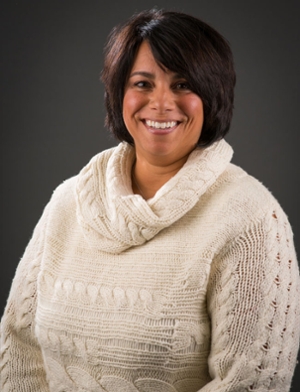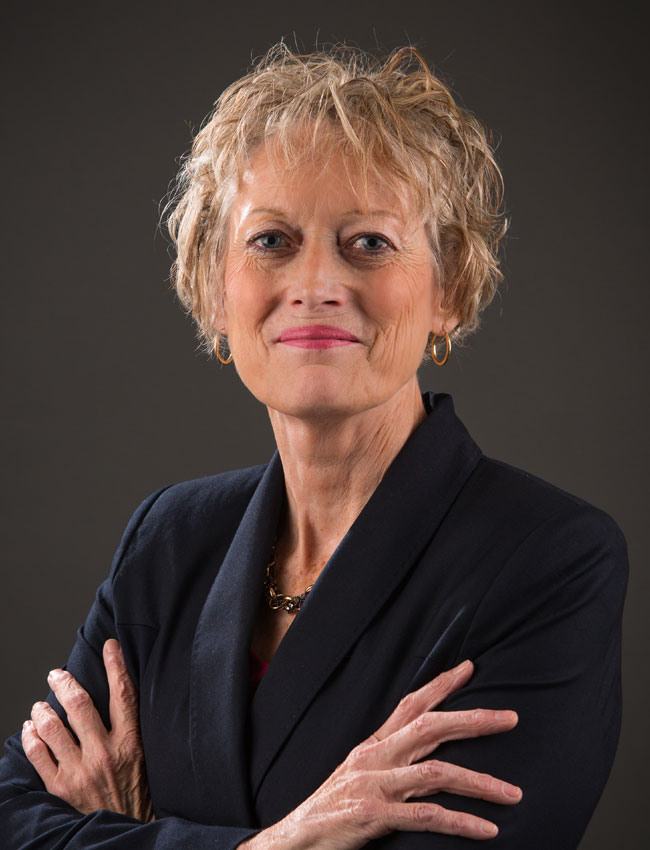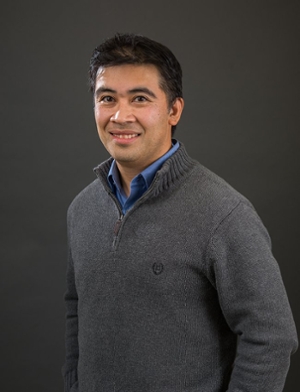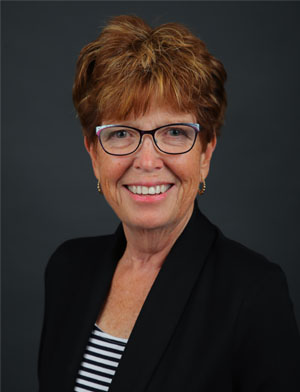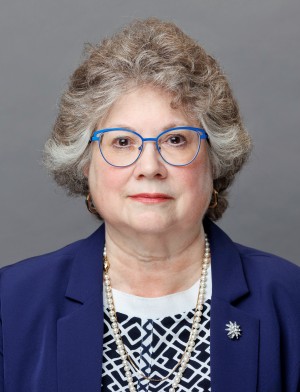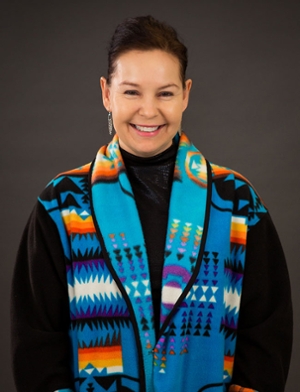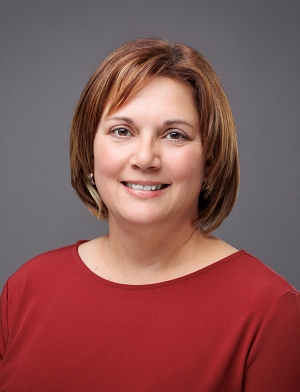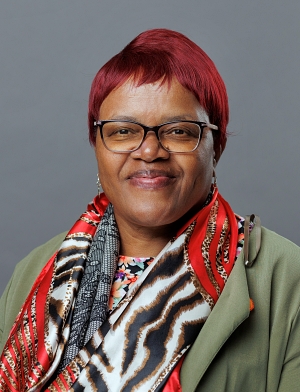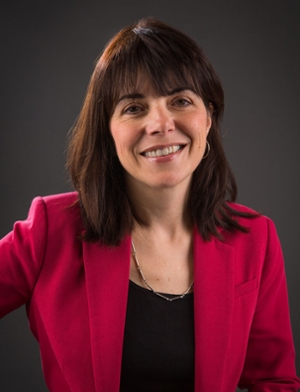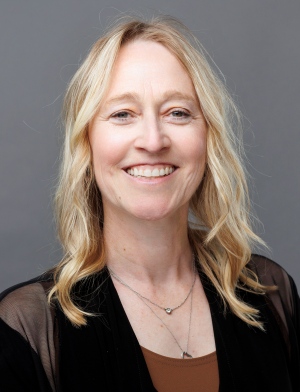Research
As part of ongoing efforts to eliminate the gap between Indigenous and non-Indigenous health, it is important that research is used to guide development of policy and implementation of strategies. It is also important to make note of perspectives and traditions of Indigenous communities in supporting and sharing their practices for healing and health. A number of faculty and graduate students have focused their scholarly work on Indigenous health issues and practices.
If you would like to know more about our Indigenous health research or would be interested in collaborating with the College of Nursing on a particular research project of relevance to your community or nursing practice, please contact our Research Facilitator or feel free to get in touch directly with one of our profiled researchers below.
Dr. Jill Bally and Meridith Burles
Saskatoon Campus
In order to promote improved health outcomes for Indigenous families who receive pediatric palliative and, or oncology care in Saskatchewan, Dr. Jill Bally and graduate student Meridith Burles are looking to improve understanding of Indigenous family caregivers’ experiences of negotiating care of children with life limiting and life threatening illnesses. Their team will also seek to develop and pilot test a culturally-based support intervention to enhance healthcare in Saskatchewan. Their work is guided by cultural and family advisors.
Dr. Carol Bullin
Saskatoon Campus
Dr. Carol Bullin is working with nephrologist Dr. Joanne Kappel (Saskatchewan Health Authority) to explore how Indigenous patients with chronic kidney disease and their families, make decisions about treatment options for failing kidneys. Working with Indigenous patients and their families in participating communities, their research involves the co-development of educational tools regarding the treatment of failing kidneys, specifically within the Indigenous population. Their work will result in the co-creation of culturally appropriate educational materials about treatment options for failing kidneys that will facilitate evidence-informed decisions among Indigenous populations.
Dr. Anthony de Padua
Prince Albert Campus
Dr. Anthony de Padua’s work brings together two things he is interested in – HIV/AIDS and the impact it has in Prince Albert and Northern Saskatchewan, in particular on Indigenous people. His research looks into whether or not there are connections between a person’s spirituality and healing with HIV, specifically, how spirituality plays a role in holistic care and healing for an Indigenous person living with HIV. In addition to exploring the experiences of spirituality and healing for Indigenous people living with HIV, he is co-creating a Circle for Healing. He is meaningfully including the voices of community members, the family of those living with HIV, and those living with HIV to better understand the experiences and issues involved. Dr. de Padua is collaborating with Sturgeon Lake First Nations health care center to help ensure his research is influenced through Indigenous knowledge and community participation.
Drs. Susan Fowler-Kerry and Louise Racine
Saskatoon Campus
Drs. Susan Fowler-Kerry and Louise Racine are looking to develop a better understanding of cognitive impairment and dementia in Indigenous peoples. Evidence shows there is a higher rate of early disease and mortality within the Indigenous population; however, the literature focuses on Western perspectives. It is imperative to develop and implement culturally competent and safe strategies to enhance early screening and testing for diagnosing cognitive impairment and dementia within Indigenous communities.
Drs. Susan Fowler-Kerry, Holly Graham and Louise Racine
Saskatoon Campus
Drs. Susan Fowler-Kerry, Holly Graham, and Louise Racine are exploring the needs and challenges associated with accessing palliative care among an Indigenous community in Saskatchewan. They want to understand the Indigenous perspectives on death, dying, and palliative care and find solutions to create culturally responsive palliative care for Indigenous individuals and communities. Recent epidemiological data indicate the impact of chronic illnesses on Indigenous populations, yet the lack of access to primary health and palliative care in rural and remote Saskatchewan remains problematic. This study addresses these gaps of knowledge and services and intends to influence policymakers and stakeholders. Results will serve to create and support palliative services that will fulfill the palliative and end-of-life care needs of Indigenous individuals and communities.
Dr. Tania Kristoff
Prince Albert Campus
Dr. Tania Kristoff’s work focuses on supporting the academic achievement of Indigenous postsecondary students. Tania aims to identify potential barriers that may prevent Indigenous students from completing post-secondary education, such as intergenerational effects stemming from historical events, experiences with racism and inadequate funding. By identifying these barriers, she hopes to provide supports to influence academic persistence of Indigenous post-secondary students.
Dr. Sithokozile Maposa
Prince Albert Campus
Dr. Maposa's research focuses on quality of life and improving health promotion for Indigenous women, newcomers and African youth women in complex life situations. She is leading a research team that is looking at how a community-based approach to holistic care for mother-infant pairs experiencing a substance use disorder and/or HIV improves health and social outcomes. Her work examines the benefits of keeping these babies with their mothers in a supportive care home with pre-and postnatal care. Her research will also examine if keeping the mother and baby together in the beginning impacts the number of children entering the foster care system. This work aligns with Saskatchewan's provincial goals of reducing the high HIV and hepatitis C rates associated with injection drug use.
Dr. Marcella Ogenchuk
Saskatoon Campus
Dr. Marcella Ogenchuk is exploring oral health in Indigenous communities. Her research looks to identify the strengths and barriers of oral health care services, specifically, the availability, accessibility, accommodation, and acceptability of oral health care in two Indigenous communities. She hopes to engage individuals, families, community leaders, health care practitioners, educators, and policy makers in the building of a framework and the groundwork necessary for future oral health care funding opportunities in Indigenous communities.
Drs. Shelley Spurr and Jill Bally
Saskatoon Campus
In Saskatchewan, the occurrence of prediabetes and type 2 diabetes among teens are significantly higher than average. This is particularly true within the Indigenous population. Drs. Shelley Spurr and Jill Bally are looking to develop an intervention to help reduce prediabetes and type 2 diabetes in adolescents. Their overall goal of their research is to improve the health and ultimately the quality of life for adolescents who are at risk for prediabetes and type 2 diabetes.


